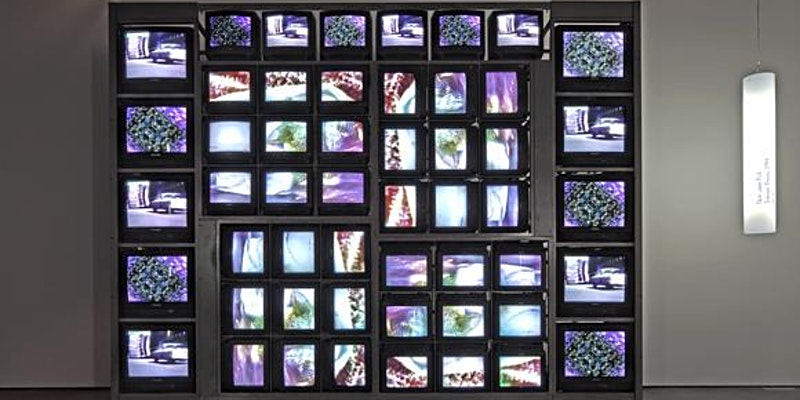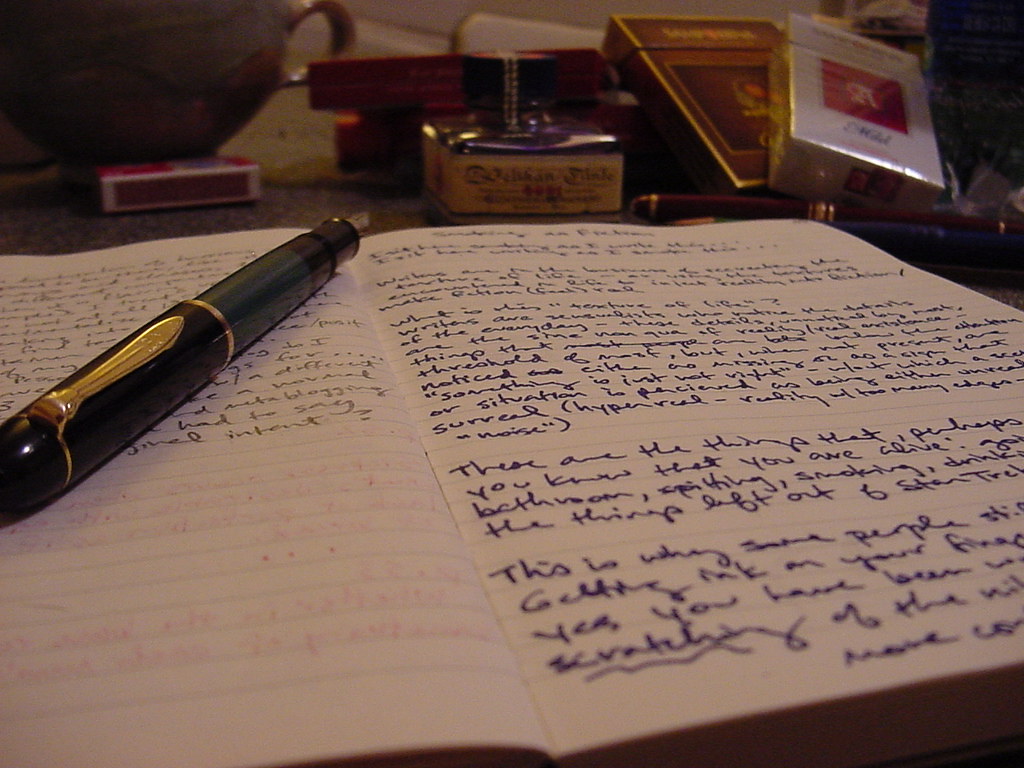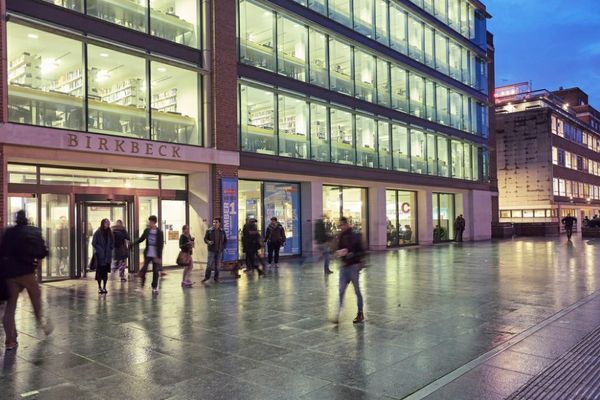For LGBT+ History Month in February and International Women’s Day in March, the Access and Engagement Department is looking for two Birkbeck PhD candidates or early career researchers to deliver an accessible public lecture or workshop for an audience with little to no experience of Higher Education. If you are interested in doing this please get in contact by 12 February.
Our public lecture series, Get Started: Big Ideas, was previously delivered in Stratford Library, in collaboration with Newham Council. Through the pandemic we have been delivering the talks on Zoom and broadcasting using YouTube live.
The themes this year are ‘Body, Mind, Spirit’ (for LGBT History Month) and ‘Gender Equality in Eudcation’ (for International Women’s Day), so we will be looking for pitches that take these themes into account.
WHO?
We’re looking for Birkbeck academics, particularly PhD students and early career researchers, whose research touches on topics relevant to LGBT+ History Month or International Women’s Day.
WHAT?
Our audience consists of people with no experience of Higher Education, or those who have had a long break since their last HE experience. With that in mind, we will work closely with the academic to ensure the lecture is accessible to these audiences. More information on our department’s work.
We are open to pitches of lectures (roughly 20 minutes in length), workshops, virtual walks, or other formats that you feel would be engaging. This would usually be followed by a Q&A.
PAYMENT
We are able to pay PhD candidates or academics who are not on full-time contracts. The pay is at spine point 31 (£21.15 per hour) and we would usually allow for 2 hours’ prep time and 1 hour delivery. In this case we will also be adding 1 hour to allow for familiarising yourself with any software needed. Please do get in touch if you have a proposal which would exceed the allotted time.
If you have any questions, please drop us a line at getstarted@bbk.ac.uk.






